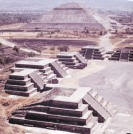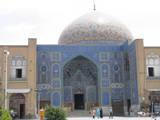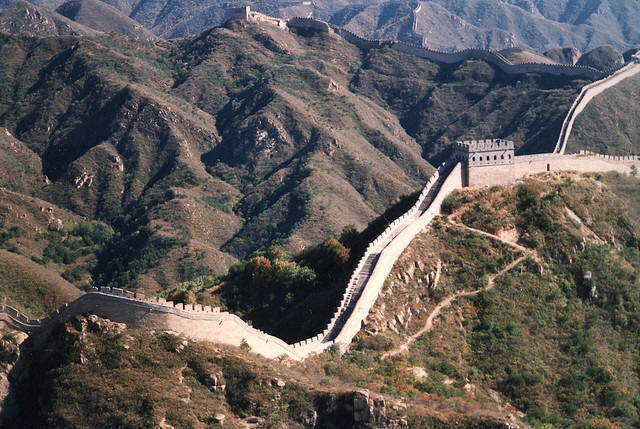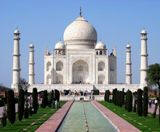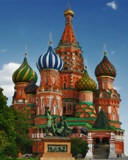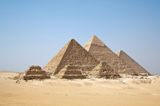|
Projects
The set of related research efforts is currently in process:
1. Cultural
Heritage and Contemporary Change: Philosophical
Foundations for Social Life. Focused, mutually
coordinated research teams in university centers prepare
studies as part of an integrated philosophic search for
self-understanding differentiated by culture and
civilization. These evolve more adequate understandings of
the person in society and look to the cultural heritage of
each for the resources to respond to the challenges both of
its own specific contemporary transformation and of meeting
all other civilizations in global times.
2. Seminars
on Culture and Contemporary Issues. This series
of 5-10 week cross-cultural and interdisciplinary seminars
is coordinated by the RVP in Washington, D.C.
3. Joint-Colloquia with
Institutes of Philosophy of the National Academies of
Sciences, university philosophy departments, and
professional philosophical societies. Underway since 1976 in
Eastern Europe and, since 1987, in China, and since 1990, in
Islamic countries, these concern the person in contemporary
society with special attention to their cultural heritage
and its progressive application in response to the needs of
our times.
4. Foundations
of Moral Education and Character Development. A
study in values and education which unites philosophers,
psychologists, social scientists and scholars in education
in the elaboration of ways of enriching the moral content
of education and character development. This work has
conducted since 1980.
5. Faith
in a Secular Age. This
research project focused on unfolding the meaning of faith for the
new dimensions and needs of our evolving human awareness,
its challenges and opportunities.
The goal was to make "belief more
believable," both for Professor Charles
Taylor's contemporary
'seeker' and indeed for all
the faithful, and thereby to render all of personal and
social life more
fully human and thereby more
theonomous or expressive
of the divine.
6. Re-Learning
to be Human. This
multi-year project has had sets of research teams in the
different cultures and civilizations across the world to
study related issues under the general theme “Re-Learning to
be Human for Global Times: Challenges and Opportunities.”
Each team is consisting of multiple specialists based in
their own cultural perspectives and producing a study on a
specific sub-issue. These will feed into a World Congress of
Philosophy which will gather world scholars in Beijing in
August 2018. There they will exchange findings from their
own regions and return to their work throughout the world to
share related insights and aspirations in their formation of
future generations of world leaders for decades to come.
7. Meaningfulness
of Life. This
project had five subthemes: the person, the moral life, and
self-cultivation; social existence, communicative action,
and the common good; human relations with nature; and human
relations to Ultimate Reality. Various research teams from
different countries focused on one aspect of these themes
and organized seminars and published their research
findings.
8. Understanding
the Signs of Our Times. This
special research project explores such four crucial issues
as the crisis of the modern world, the impact of technology,
morality and spirituality pointed out by a special figure,
Romano Guardini, one of most important Catholic
intellectuals in the 20th century. The goal is not just to
focus on Guardini himself or one particular religion but to
look into urgent issues and challenges the entire humanity
is facing today. With help of his philosophical and
theological insights we may rightly diagnose our current
situations.
9. Hermeneutics
of Change in Religious Traditions. This
special research project
is to have a focus on a few particular facets of the “hermeneutics of
change.” Specifically, it highlights ways in which the
“sacred texts” of the respective traditions provide
resources for adaptation, both historically and moving
forward; it considers how epochal shifts, processes of
institutional development, and evolving political and legal
cultures have shaped strategies of change; and it reflects
on emergent capacities of the traditions to grapple
resiliently with existential challenges. The aim is to have
a balance between the presentation of themes from one’s own
tradition and a dialogical engagement with the perspectives
from the other traditions.
All scholars and thinkers who are willing to contribute
their time and research as part of their professional
commitment to life in contemporary society are welcome to
these projects.
|
